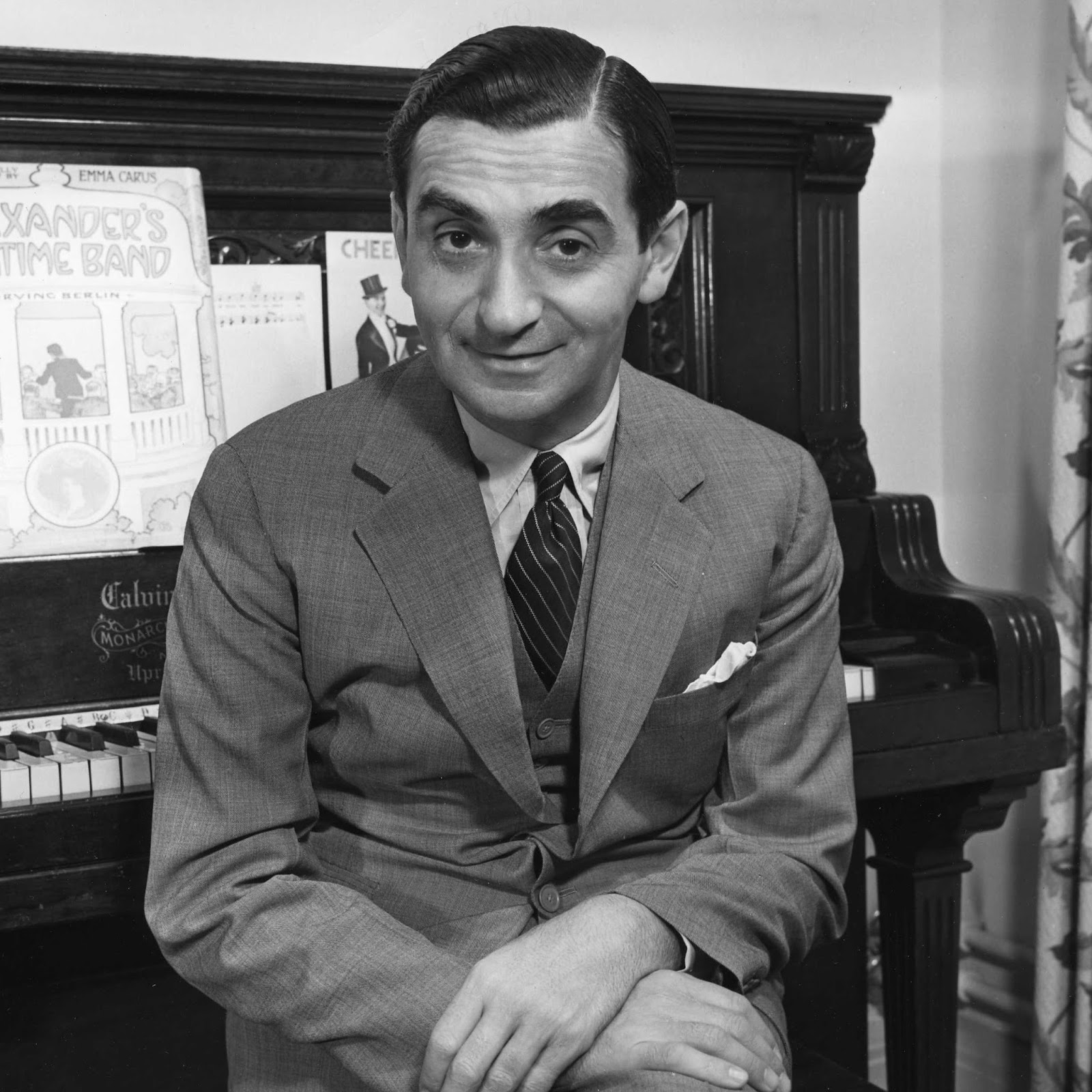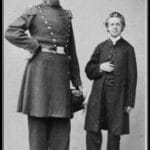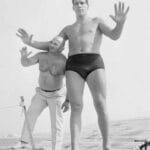Irving Berlin, the name synonymous with American music, holds a story far richer than many realize. Beyond the timeless melodies of “White Christmas” and “God Bless America” lies a tale of resilience, reinvention, and the pursuit of the American Dream. This article explores the fascinating journey of Israel Baline, the immigrant boy who became the legendary Irving Berlin. Discover the inspiring story of Edna Louise Scottron, an African American inventor, and Gladys Aylward, missionary to China, for other compelling narratives of resilience.
The Early Years of a Musical Giant
Israel Baline was born in 1888, likely in Tyumen, Siberia, into a Jewish family facing poverty and the pervasive threat of anti-Semitism in Tsarist Russia. In 1893, they embarked on a perilous journey to New York City seeking refuge and opportunity. Tragically, his father, a cantor, died shortly after their arrival, leaving young Israel to navigate the daunting streets of the Lower East Side alone.
From Street Singer to Song Plugger
Necessity became the mother of invention for the young Baline. He sang on the streets, in saloons, and as a singing waiter, absorbing the vibrant tapestry of city life. These experiences, the raw, unfiltered essence of human existence, would later infuse his songwriting with a profound emotional depth. Around 1907, he began working as a song plugger in Tin Pan Alley, the heart of American popular music, gaining invaluable insight into the music industry.
The Emergence of Irving Berlin
The transition from Israel Baline to Irving Berlin occurred around this time. While the precise reasons remain somewhat elusive, it probably represents a confluence of factors. Assimilation in a time of prejudice against immigrants likely played a role. The name “Irving Berlin” also held a certain professional cachet, suitable for a rising star. Furthermore, it may have symbolized a conscious shedding of his challenging past, a reinvention for the man determined to make his mark.
A Unique Musical Gift
Remarkably, Irving Berlin, the man who would shape the American songbook, couldn’t fluently read or write music. He relied on a transposing piano, a fascinating device that allowed him to explore melodies in different keys. This unconventional approach, born out of necessity, became a defining characteristic of his work, enabling him to craft extraordinarily complex and emotionally resonant compositions.
Beyond “White Christmas”: A Legacy of Song
While “White Christmas” remains his most iconic creation, Berlin’s prolific output encompasses over 1,500 songs, spanning a remarkable range of genres, from the infectious syncopation of ragtime to the heartfelt intimacy of ballads, the theatrical grandeur of show tunes, and the stirring patriotism of “God Bless America.” His contributions to Broadway, with musicals like Annie Get Your Gun and Call Me Madam, and his work scoring Hollywood films like Top Hat and Holiday Inn, solidified his status as a true musical giant.
Why Did Irving Berlin Change His Name?
This seemingly simple question reveals a complex narrative. Several compelling theories suggest the motivations behind Israel Baline’s transformation into Irving Berlin.
Assimilation and Acceptance
In the early 20th century, immigrants often faced prejudice. Adopting a more American-sounding name may have seemed a necessary step toward acceptance in the entertainment industry. “Irving Berlin” certainly possessed a professional resonance, more palatable perhaps to a predominantly white audience.
Professional Branding
The name “Irving Berlin” had a memorable quality, perfectly suited for a rising star. It projected an image of sophistication and success, essential for someone navigating the competitive world of songwriting.
A Fresh Start
The name change could have also represented a personal reinvention, a shedding of his difficult past and an embrace of his new life and opportunities in America. It was the name of an artist ready to claim his place in the spotlight.
The Mystery Remains
While these theories offer plausible explanations, the precise reasons for the name change remain somewhat shrouded in mystery. It’s likely a combination of these factors, a complex interplay of personal and professional considerations.
What Ethnicity Was Irving Berlin?
Irving Berlin was Jewish-American. Born Israel Beilin, likely in Tyumen, Siberia, his family fled the persecution of Jews in Tsarist Russia, arriving in New York City around 1893. This dual identity, reflecting both his heritage and his adopted homeland, subtly permeates his music. While he rarely explicitly addressed his Jewish background in his songs, the echoes of his experiences – the hardships, the yearning for belonging, the challenges of assimilation – resonate beneath the surface of his melodies. Even “White Christmas,” a quintessential American Christmas carol, carries a subtle melancholic undertone, a longing for home and family that perhaps hints at the immigrant experience.
How Rich Was Irving Berlin?
Israel Baline arrived in America a penniless immigrant. His journey to becoming one of the wealthiest songwriters of his time is a testament to his talent, ambition, and business acumen. The success of “Alexander’s Ragtime Band” in 1911 was undoubtedly a pivotal moment, propelling him to fame and fortune. However, his wealth wasn’t solely due to his musical genius. He established his own music publishing company, gaining control over his copyrights and the royalties they generated. He also diversified his endeavors, composing for Broadway and Hollywood, capitalizing on the burgeoning film industry. While the precise figures of his net worth remain somewhat elusive, historical accounts suggest a substantial fortune, placing him among the wealthiest songwriters of his era. His philanthropic gesture of donating all royalties from “God Bless America” to the Boy and Girl Scouts of America further enriches his story, demonstrating that his wealth wasn’t simply about accumulation but also about giving back.
Through his music and his life, Irving Berlin’s legacy continues to inspire. From the streets of the Lower East Side to the pinnacle of American music, his journey embodies the spirit of reinvention, the power of artistic expression, and the enduring promise of the American Dream.
- Discover Long Black Pepper: Flavor & Health Benefits - April 25, 2025
- Shocking Twists: The Grownup Review: Unreliable Narration - April 25, 2025
- A Quiet Place Book vs Movie: A Deep Dive - April 25, 2025

















1 thought on “From Israel Baline to Irving Berlin: The Untold Story of an American Icon”
Comments are closed.